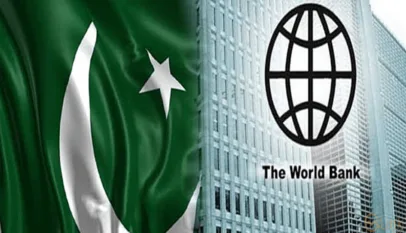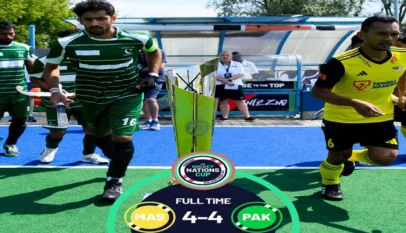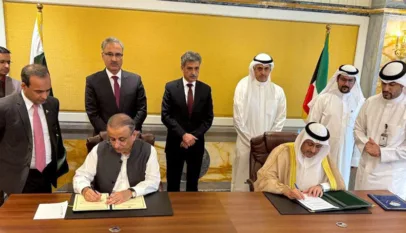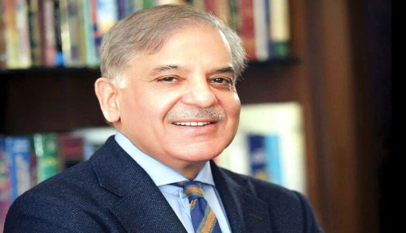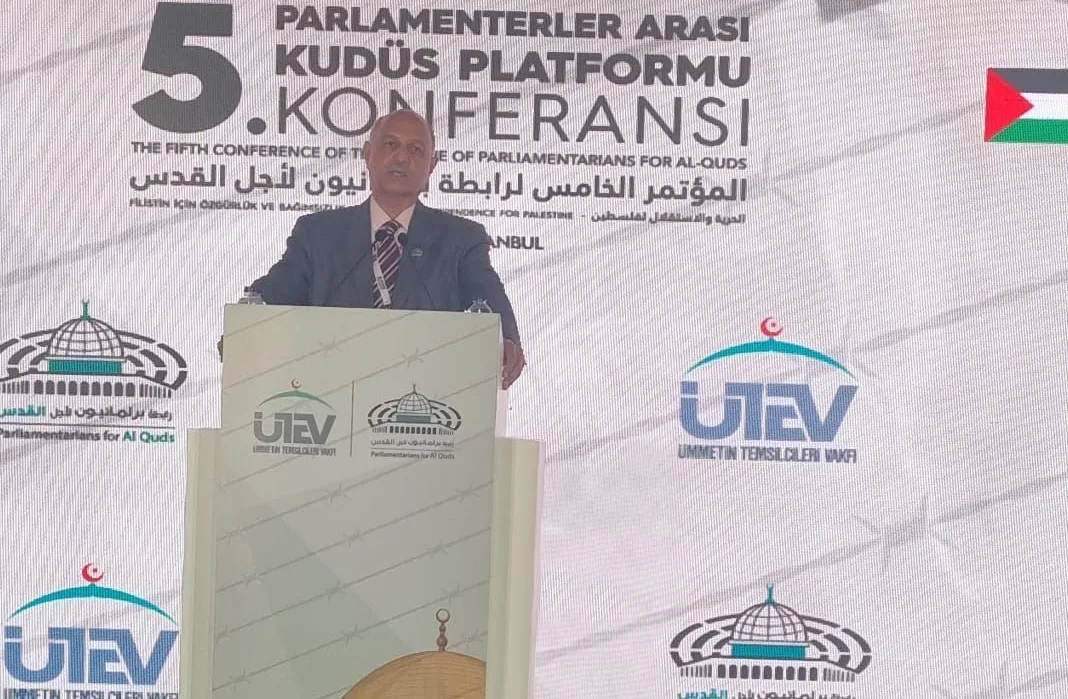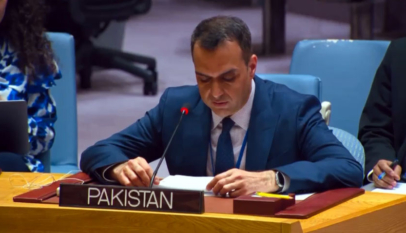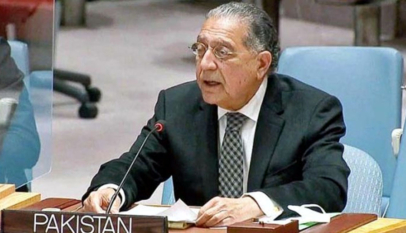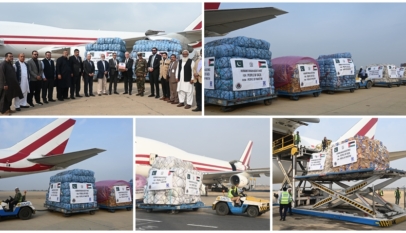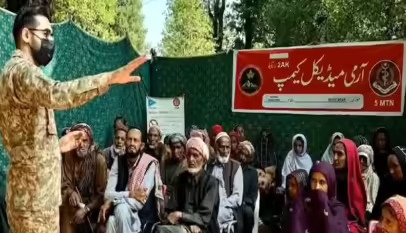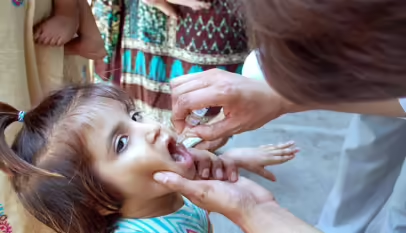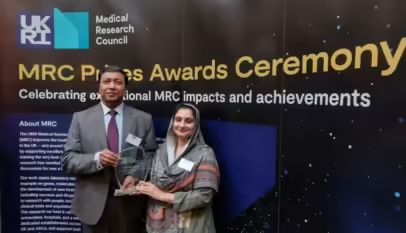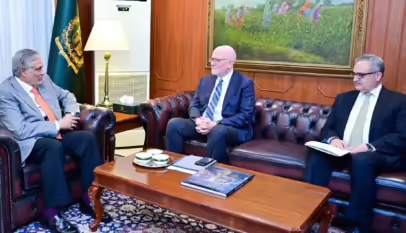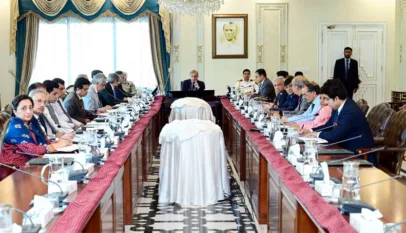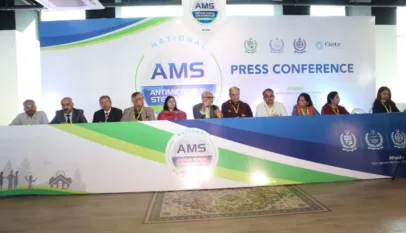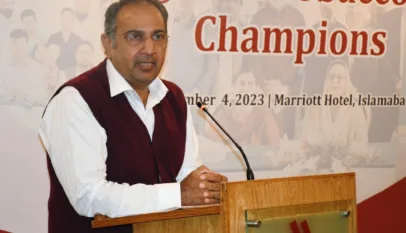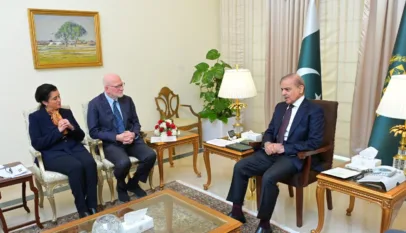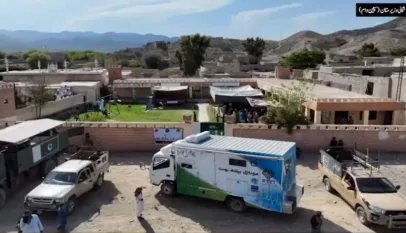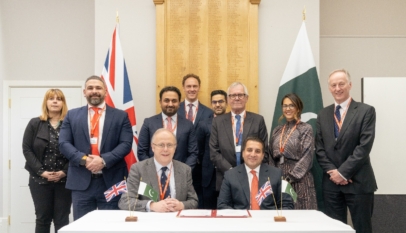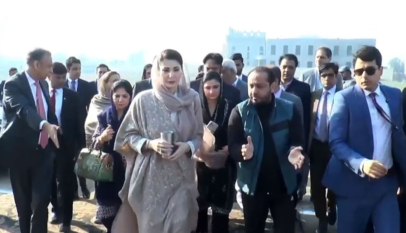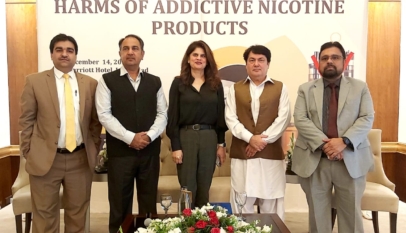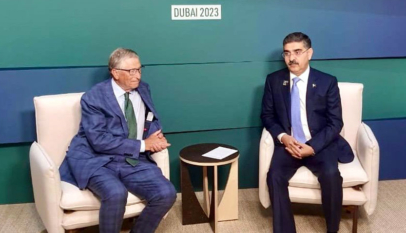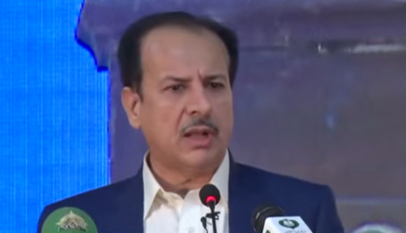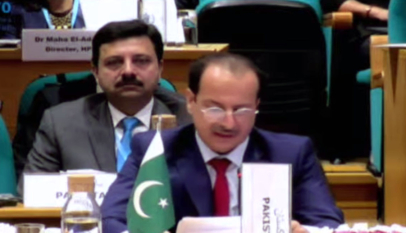
The Chair of the Polio Oversight Board, Regional Directors of the World Health Organization, UNICEF and senior directors of the global polio programme visited Pakistan from 16-18 May to support the country in addressing the remaining challenges to containing polio transmission.
“Pakistan has an important window of opportunity to end polio for good and it was encouraging to see first-hand the leadership and commitment to eradicating polio during my time in Pakistan,” said Chris Elias, President, Global Development, Bill & Melinda Gates Foundation and the current chair of the Global Polio Eradication Initiative’s (GPEI) Polio Oversight Board (POB). The POB is the highest decision-making and oversight body of the GPEI.
“With this continued leadership, innovation, and resolve of brave health workers, I’m confident Pakistan will soon stop this disease,” Elias added.
During the three-day visit to Islamabad and Peshawar, the delegates visited Emergency Operation Centers, attended the National Task Force meeting chaired by the Prime Minister and the Provincial Task Force meeting for polio eradication in Khyber-Pakhtunkhwa. The delegates also held separate side meetings with Prime Minister Shahbaz Sharif, Health Minister Qadir Patel and Pakistan Army polio spokesperson Engr. Lt. General Moazzam Ejaz.
Between April and May, three children in North Waziristan, Khyber-Pakhtunkhwa were paralyzed by polio. These cases appeared after nearly 15 months of no wild polio cases in the country.
“We know that the virus respects no borders, we must reach all children in Afghanistan and Pakistan with the polio vaccine to achieve a polio-free world. Under our Regional Vision, health for all can only be achieved through solidarity and action by all. Ending polio is a common goal for the common good,” said WHO Regional Director for the Eastern-Mediterranean Region Dr Ahmed Al-Mandhari.
The polio cases reported in Pakistan are not a setback and unsurprising for any country on the path to eradication, as witnessed in Nigeria, the last country to become polio-free, where a wild polio case was reported after 30 months of zero cases, the delegation noted.
A five-day nationwide polio campaign will begin on May 23 across Pakistan and will be synchronized with Afghanistan, so that children on both sides of the border are simultaneously protected, and the virus prevented from crossing borders.
More than 43 million children under five in Pakistan will be targeted for vaccination.
“Pakistan has come a long way in its efforts to end polio. This was made possible thanks to the commitment of its Government, and to the heroic efforts of hundreds of thousands of polio workers, more than half of whom are women,” said UNICEF Regional Director for South Asia, George Laryea-Adjei. “Today, we have an opportunity to be part of something historic – a polio-free future for all children in Pakistan, at last. To get there, we need to give a last push and intensify our efforts, so that every girl and boy can be vaccinated against this deadly virus that causes lifelong disability, and we can wipe it out.”
Over 99 percent of the world has eradicated polio and Pakistan and Afghanistan are the only two endemic countries left in the world.





